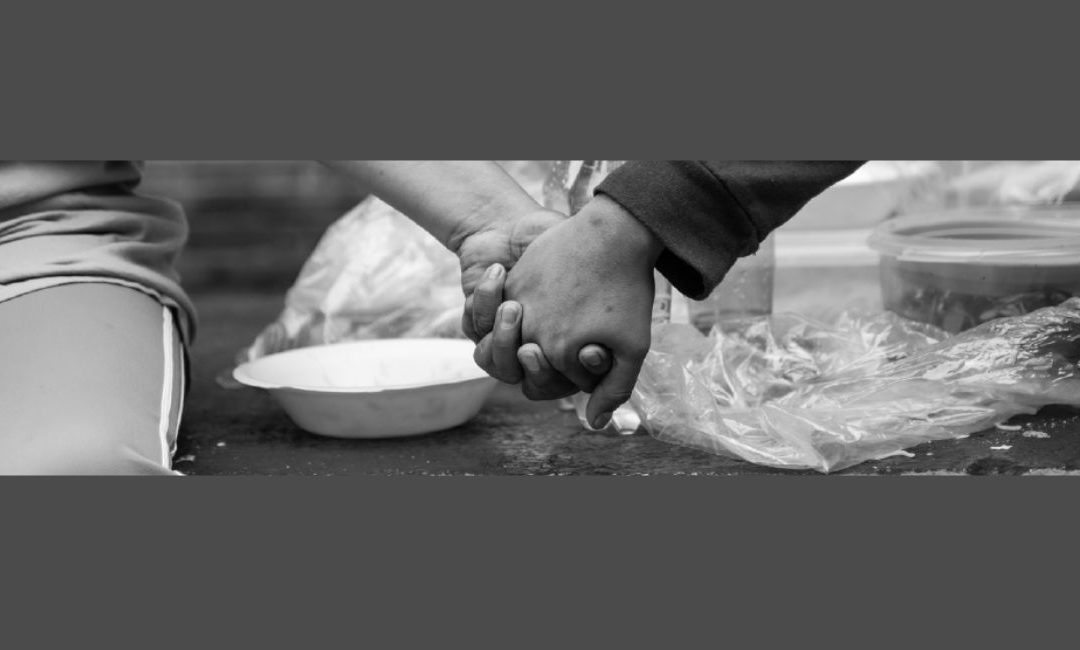In Mexico, and many other Latin American countries, there are many things to look forward to during the end-of-year Holidays. There is a celebration for the Virgen de Guadalupe, there are the Posadas, Christmas, New Year’s and in the beginning of January we celebrate my favorite holiday: Día de Reyes where children receive gifts and we cut the Rosca de Reyes to see who has to cook tamales for everyone else in February. All of these celebrations are full of joy and we spend them with our loved ones. For the children these are highly anticipated days because you get to see all of your extended family, you eat delicious candies, and you receive gifts.
Would you like to help more children in conflict with the law receive special Holidays programming? You can donate now and help bring Christmas Contests, Family Reunifications and other fun activities this year using our qr code.
Incarcerated children experience these Holidays without any of these celebrations; without their mom’s home-made food, without dad’s hugs, without laughter shared with siblings and cousins. For incarcerated children they see high concrete walls, few decorations, and few, if any, visits from their loved ones. It is a particularly difficult time for the youngest ones, and it doesn’t get easier with each passing year.
During the end of 2020, amidst the COVID-19 pandemic, permits for parents, teachers and volunteers to visit the detention centers were still scarce. It had been a particularly daunting year for everyone and we knew the incarcerated children were suffering by being isolated from the rest of the world. We knew the pandemic was taking a toll on their mental and emotional health, so we came together to plan something special for them during the Holidays.
This is how JJAI’s Christmas Contest was born. All detention centers from the Mexican states where JJAI works were invited to participate in a 4-week Christmas contest where the children could create different things to display their artistic talents, have some fun together, and keep their minds busy. It was a very successful project in its first installment, with hundreds of children participating, and the children asked for it to be repeated in 2021 and then in 2022.
Plays, choreographies, Christmas trees, Nativity scenes, songs, paintings, poems and crafts were among the contests that we held for them during the past three years. We provided boxes full of materials and explained they had one week to come up with something to present during a video call where all the children from the detention centers logged into.
Parents were also invited to see their children through these video calls and see the art their children had created. The winning team for each contest received a gift that all the children from that detention center could enjoy. New TV’s, video games, movie nights, sports equipment, board games, new workshops and “Posadas” (Mexican Christmas parties) were some of the prizes to be won.
This year, I had a chance to visit the female detention center located in Mexico City during the day when they received the materials for the third contest. And although the girls had not won the first two contests, it was a good opportunity for them to learn about resilience, cooperation, second chances, and hope by coming together to create something.
The girls opened the box and took out a 7” by 5” sheet of cloth, magazines, colored paper, glue and colored chalk. The instructions were to create a Christmas mural and they began to think of ideas on what Christmas elements to display on the mural. As they were coming up with ideas and going through the magazines they began to think of the past Holidays they spent outside of detention.
I asked them what they were thinking about and they said they thought about their families and the things they were missing out on. They thought about the gifts, the dinners, the fireworks, and how those things seem very distant now. They also told me that they are grateful for these activities because they enjoy doing crafts as it makes them feel useful, it helps them learn that they can work as a team, and they are happy to work together to achieve a goal, but mainly it keeps them busy during a time that can be sad when they don’t receive visits and can’t celebrate in a normal way. They tell me they feel proud to share the things they create with their peers, that they hope we continue this project in the future and that they hope they can win another contest.
When I asked them what they wish to receive for Christmas they said “Freedom”, “To see my family because I get the feeling they are continuing their lives without me and they will soon forget me”, “To win another movie night, like we did last year in the contest” and lastly “a pair of Air Jordan sneakers”. I am moved by their answers and at the same time fascinated by how, even through their difficult experiences, they manage to keep their spirits up, laugh, and ask for gifts any other child would.


